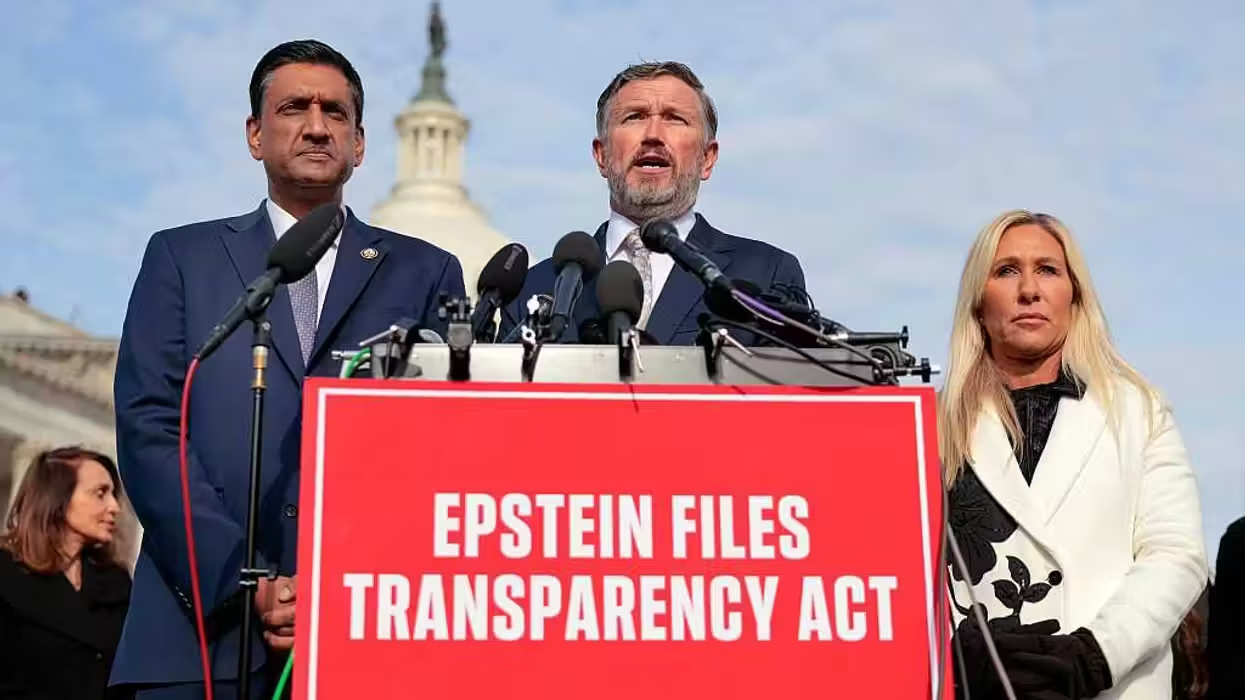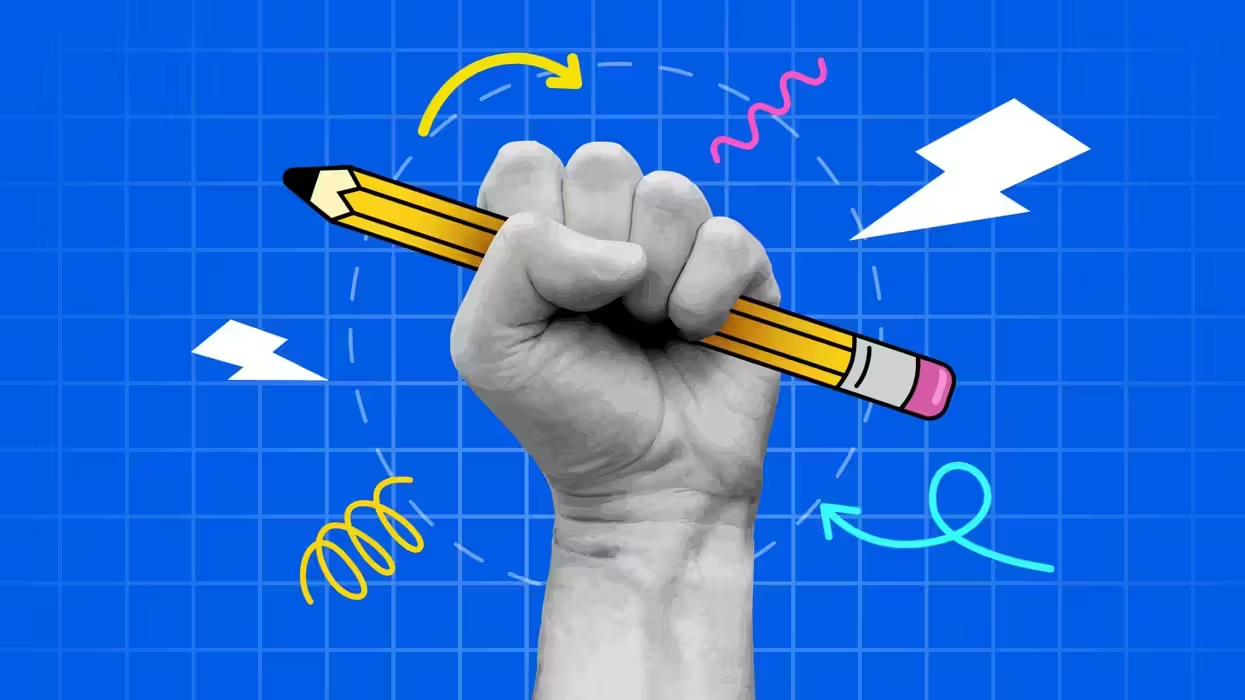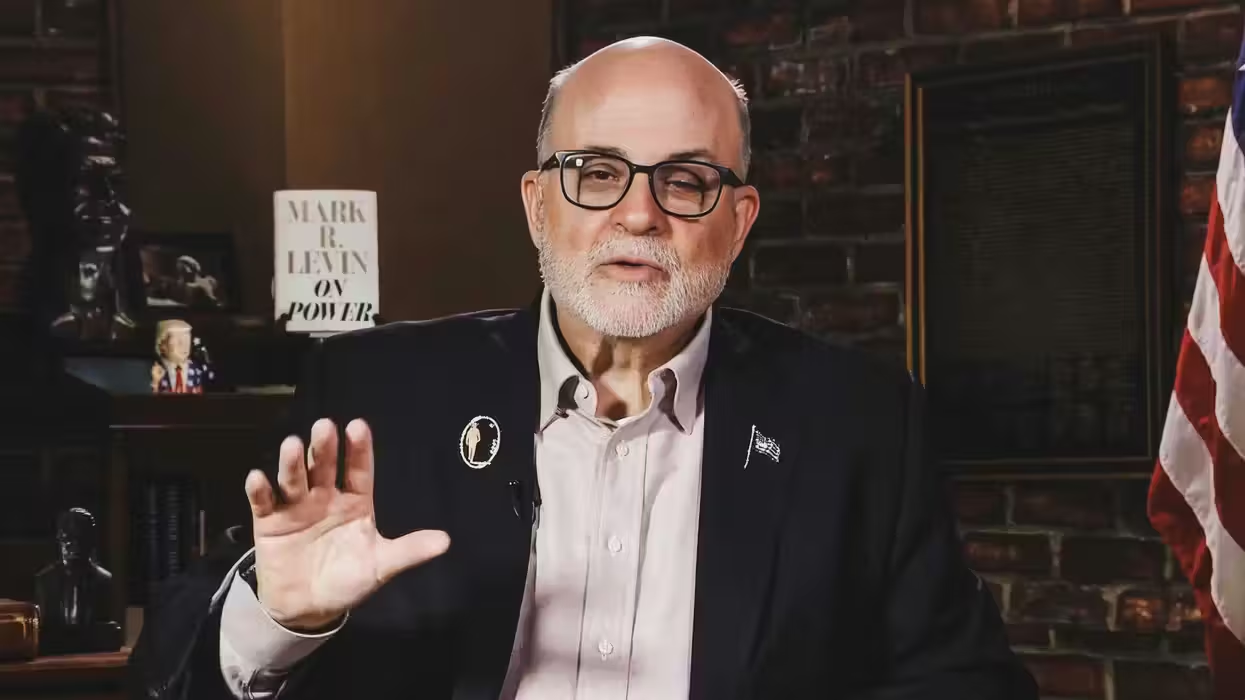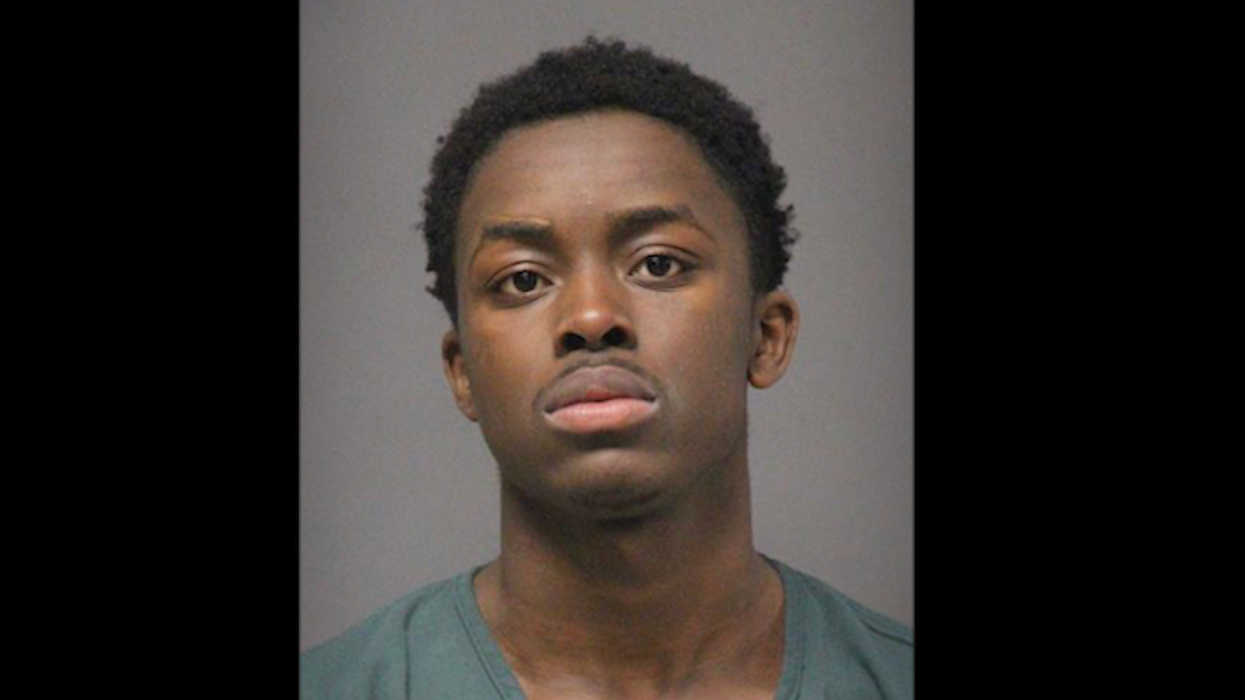General Motors has hired disaster response expert Kenneth Feinberg to help with its recall response over failed ignition switches. Feinberg is trained as an attorney and previously assisted with compensation issues related to 9/11 and the Boston Marathon.
 General Motors CEO Mary Barra testifies before the House Energy and Commerce Committee for a hearing on the GM ignition switch recall on Capitol Hill in Washington, D.C., April 1, 2014. (Getty Images)
General Motors CEO Mary Barra testifies before the House Energy and Commerce Committee for a hearing on the GM ignition switch recall on Capitol Hill in Washington, D.C., April 1, 2014. (Getty Images)
GM CEO Mary Barra made the announcement Tuesday in testimony before the House Energy and Commerce Committee's Oversight and Investigations Subcommittee.
"Mr. Feinberg is highly qualified, and is very experienced in the handling of matters such as this," said Barra. "He brings expertise and objectivity to this effort, and will helpus evaluate the situation and recommend the best path forward."
Congress is holding hearings on General Motors' ignition switch failures that resulted in a least 13 deaths began.
The automaker has been accused of installing ignition switches in Chevrolet Cobalts, Saturn Ions and other models that did not meet all of the company's own specifications.
Even worse, some in Congress are beginning to wonder whether more people died in cars outfitted with faulty switches, beyond the 13 GM identified, as they review documents pointing to a redesigned replacement part that also could be substandard.
A Senate panel on Wednesday is also expected to demand answers from GM on whether decisions like that directly contributed to crashes.
So far, GM has recalled 2.6 million cars to replace ignition switches that could unexpectedly stall out engines, prevent airbags from deploying and make power brakes and power steering inoperable.
"Lives are at stake, and we will follow the facts where they take us as we work to pinpoint where the system failed," House Energy and Commerce Committee Chairman Fred Upton, a Michigan Republican, said on Sunday.
On the receiving end of questions by Upton and other members of the panel's Oversight and Investigations Subcommittee will be GM Chief Executive Officer Mary Barra, who has repeatedly apologized for her company's performance.
Barra, who became CEO in January, says in prepared testimony released by the committee that she "cannot tell you why it took years for a safety defect to be announced."
Barra promised to get to the root of the problem.
The congressional committee might not want to patiently wait, however, and it could call lower-level GM employees to testify at later hearings or even former CEOs.
NHTSA Acting Administrator David Friedman was also on the hot seat Tuesday, as many lawmakers asked why the regulatory agency was not more aggressive in identifying the problem and forcing GM to act.
For Barra and GM the stakes are high.
The Detroit automaker survived a 2009 bankruptcy reorganization and a subsequent government takeover. The U.S. Treasury exited the last of its taxpayer stake in the company last fall.
With the U.S. economy climbing out of a deep economic recession and new success with a product line that included highly profitable trucks, GM started the year optimistic.
Instead, the recalls and revelations that GM hid the problem for years, even after being confronted by devastated families who lost relatives in car crashes, have taken the sheen off of GM.
Now, the company and some of its employees are hung up in House and Senate investigations, a U.S. Justice Department criminal probe and several lawsuits. Meanwhile, its legal costs are escalating and nobody is sure what further steps GM might have to take to protect consumers from vehicles it sold as long as a decade ago.
 Congressional staff stand against the wall as General Motors CEO Mary Barra is broadcast on television as she testifies before the House Energy and Commerce Committee for a hearing on the GM ignition switch recall on Capitol Hill, April 1, 2014. (Getty Images)
Congressional staff stand against the wall as General Motors CEO Mary Barra is broadcast on television as she testifies before the House Energy and Commerce Committee for a hearing on the GM ignition switch recall on Capitol Hill, April 1, 2014. (Getty Images)
All of this could have an impact on GM's bottom line in coming years. Past congressional investigations of Toyota Motor Corp in 2010 and Ford Motor Co and Firestone tire-maker 10 years earlier have produced riveting testimony from victims and the GM probe may be no different.
John Kimberly, a business consultant and a professor at the Wharton School of the University of Pennsylvania, said Barra should learn from the mistakes other companies have made in the midst of high-profile congressional probes.
He pointed to BP, which was criticized for minimizing the damage caused by its massive, 2010 oil spill in the Gulf of Mexico during testimony to Congress.
Kimberley added that it would be a "huge mistake" for Barra to hide behind legal protections by drawing a distinction between GM pre- and post-bankruptcy and blame the handling of the recall on the former.
—
RELATED:
—
Congressional investigations often boil down to a version of one central question - a question made famous by former Republican Senator Howard Baker of Tennessee.
"What did the president know and when did he know it," Baker said of then-President Richard Nixon during a defining moment in the Watergate hearings of 1973-74.
That is the question congressional investigators are asking of GM and NHTSA officials. It may take months to find the answer.
—
©2014 CNBC LLC. All Rights Reserved.

 General Motors CEO Mary Barra testifies before the House Energy and Commerce Committee for a hearing on the GM ignition switch recall on Capitol Hill in Washington, D.C., April 1, 2014. (Getty Images)
General Motors CEO Mary Barra testifies before the House Energy and Commerce Committee for a hearing on the GM ignition switch recall on Capitol Hill in Washington, D.C., April 1, 2014. (Getty Images)






